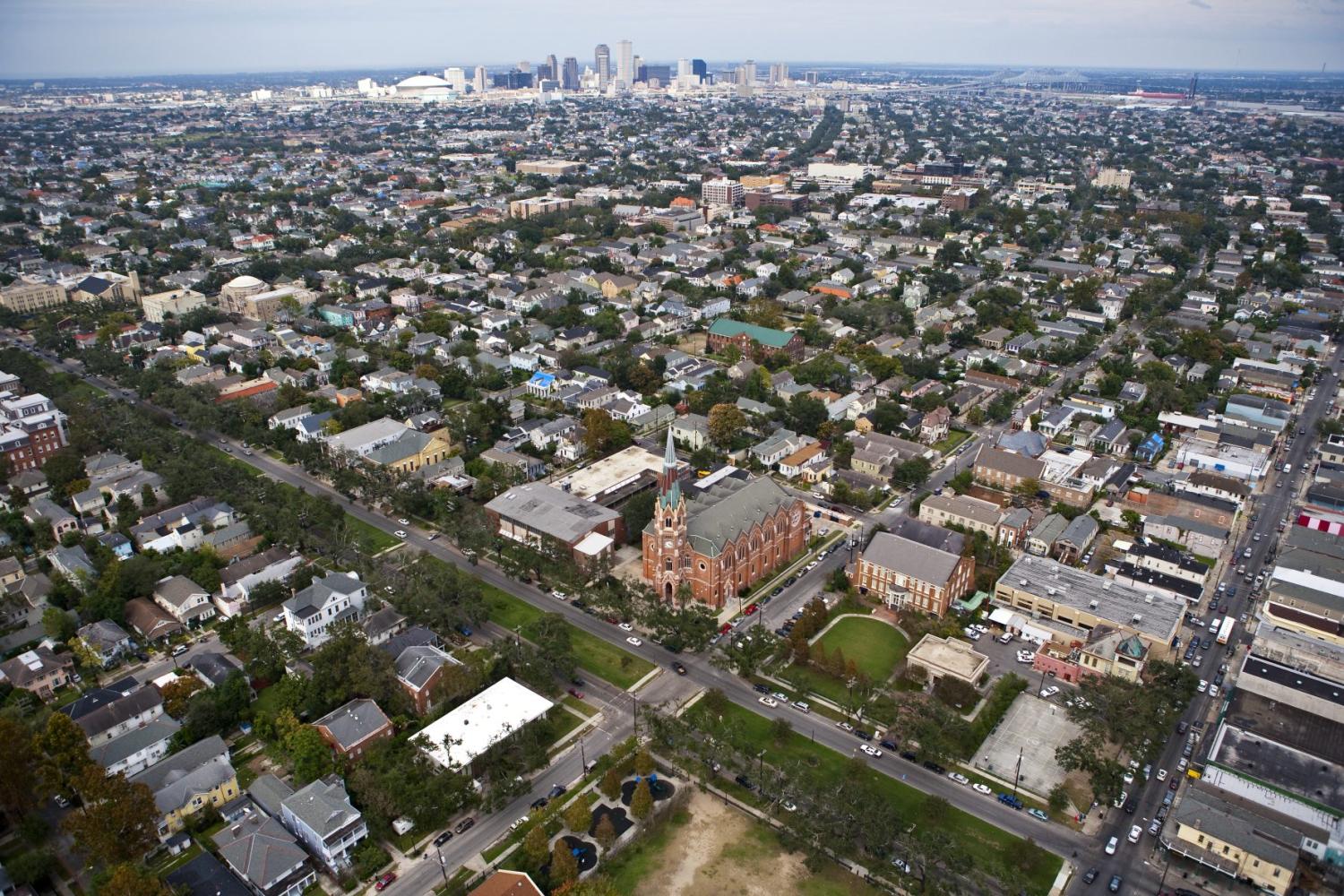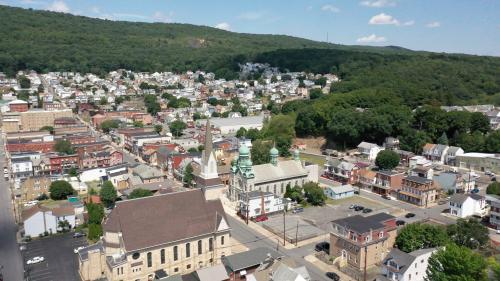Hurricane Katrina and the failure of the federal levee system in 2005 created a catastrophic disruption to civic life in New Orleans. The loss of population, homes, and businesses ripped apart the social fabric of the city. Yet the long process of putting that social fabric back together created new and innovative methods of social civic engagement but also led to a steady decline in political civic engagement.
The objectives of this report are to document these changes in civic engagement after Hurricane Katrina to the present, evaluate the current strengths and weaknesses of civic life in the New Orleans metropolitan area, and make recommendations to improve the weak aspects of civic life in the city today while highlighting the positive aspects. There are two important takeaways from this research. One is that New Orleans learned from and is still building upon the social cohesion and resilience displayed by its active and engaged social civic institutions over the past 20 years. The second is that robust social civic engagement needs to be matched by the city’s residents in municipal and state elections.
As this report will demonstrate, this second takeaway is more easily said than accomplished. It closes with recommendations of how to show the citizens of New Orleans what harms will result from their increasing political apathy, especially after their initial burst of political activity in the immediate wake of Hurricane Katrina and the failure of the federal levees. These policy recommendations could increase civic engagement in the democratic process as residents imagine a more resilient future.
Read more
This report is part of a series from Brookings Metro and The Data Center examining the New Orleans metro area across key policy areas including housing, community safety, and flood adaptation. The series provides local leaders with tools to mitigate future disaster risks for the most vulnerable communities.
The Brookings Institution is committed to quality, independence, and impact.
We are supported by a diverse array of funders. In line with our values and policies, each Brookings publication represents the sole views of its author(s).




